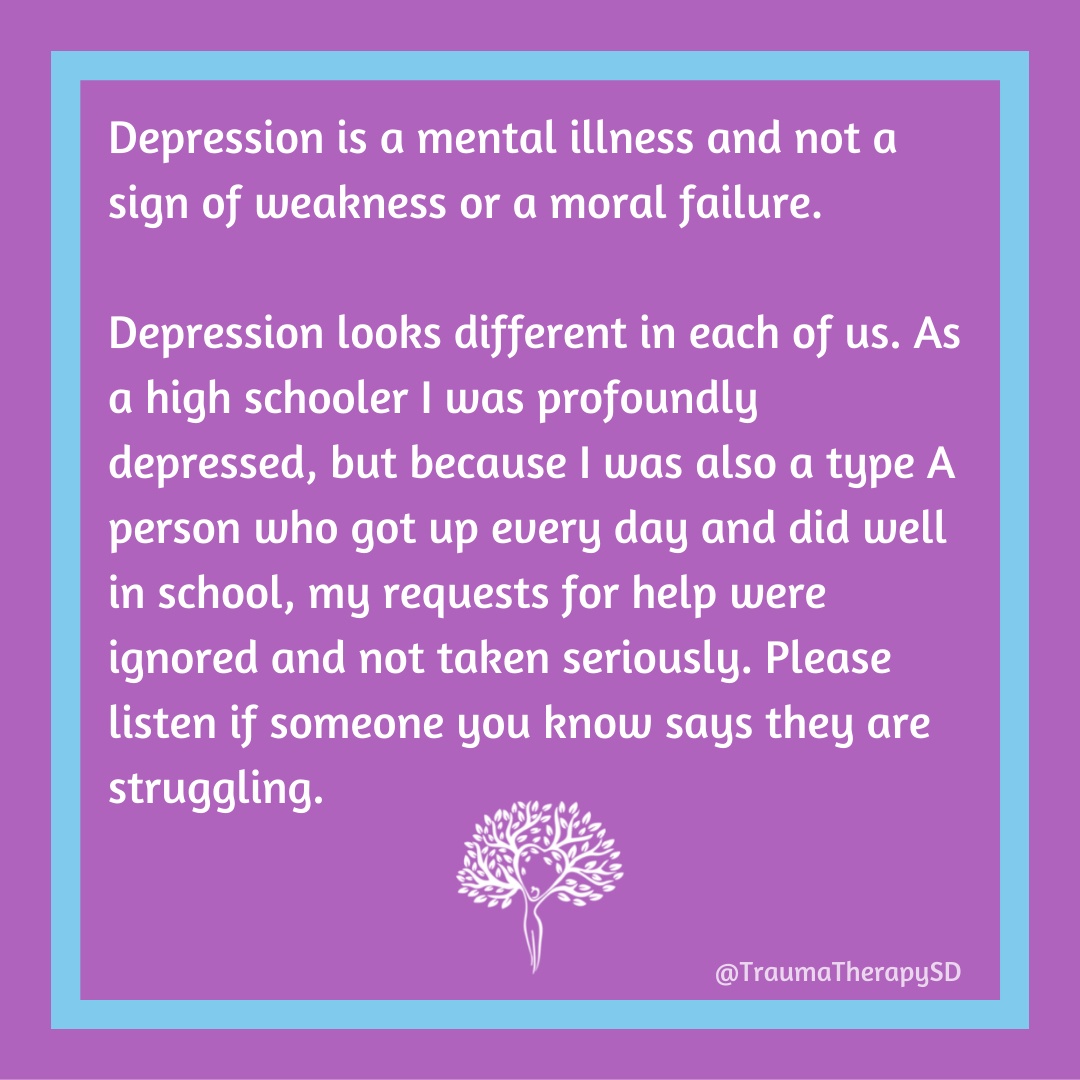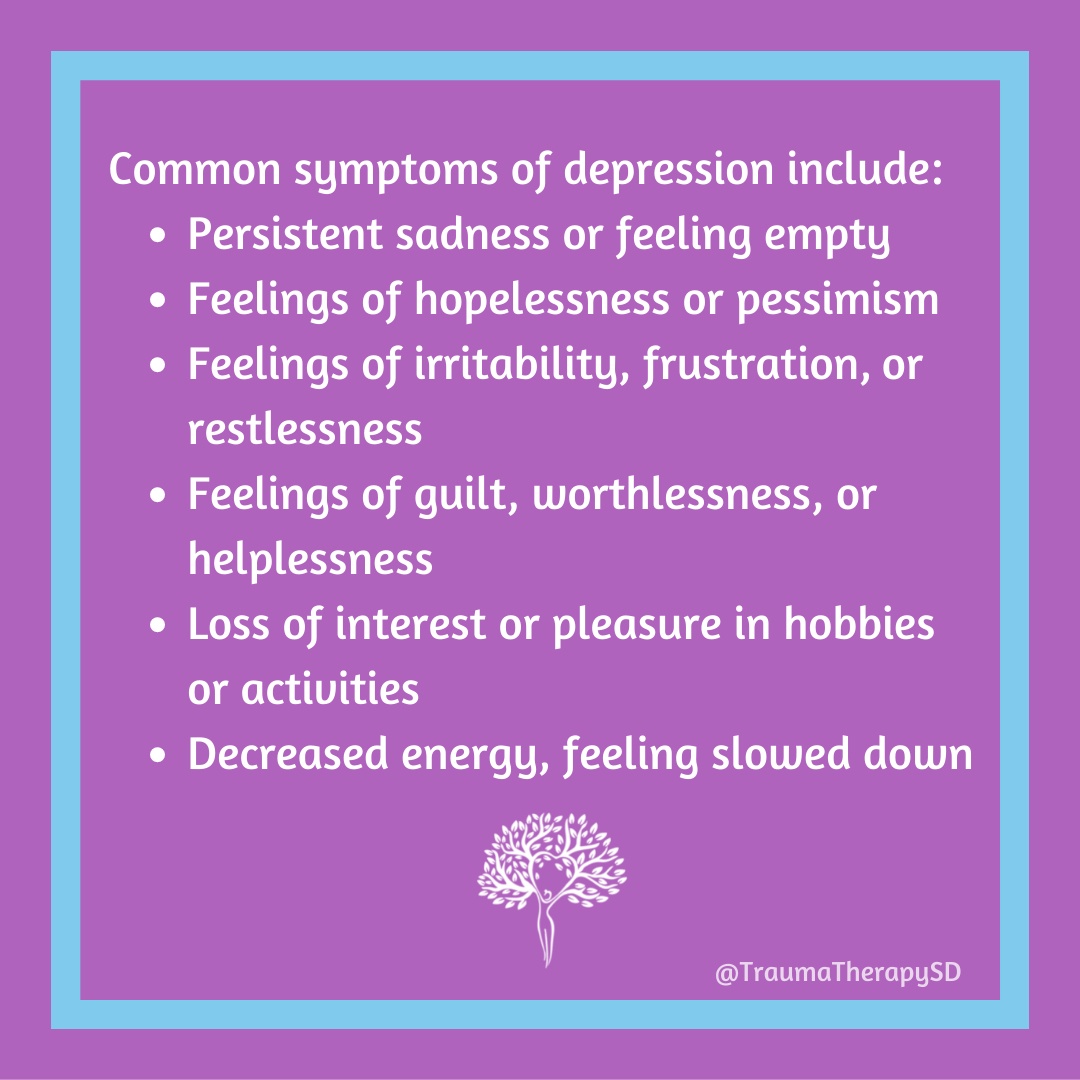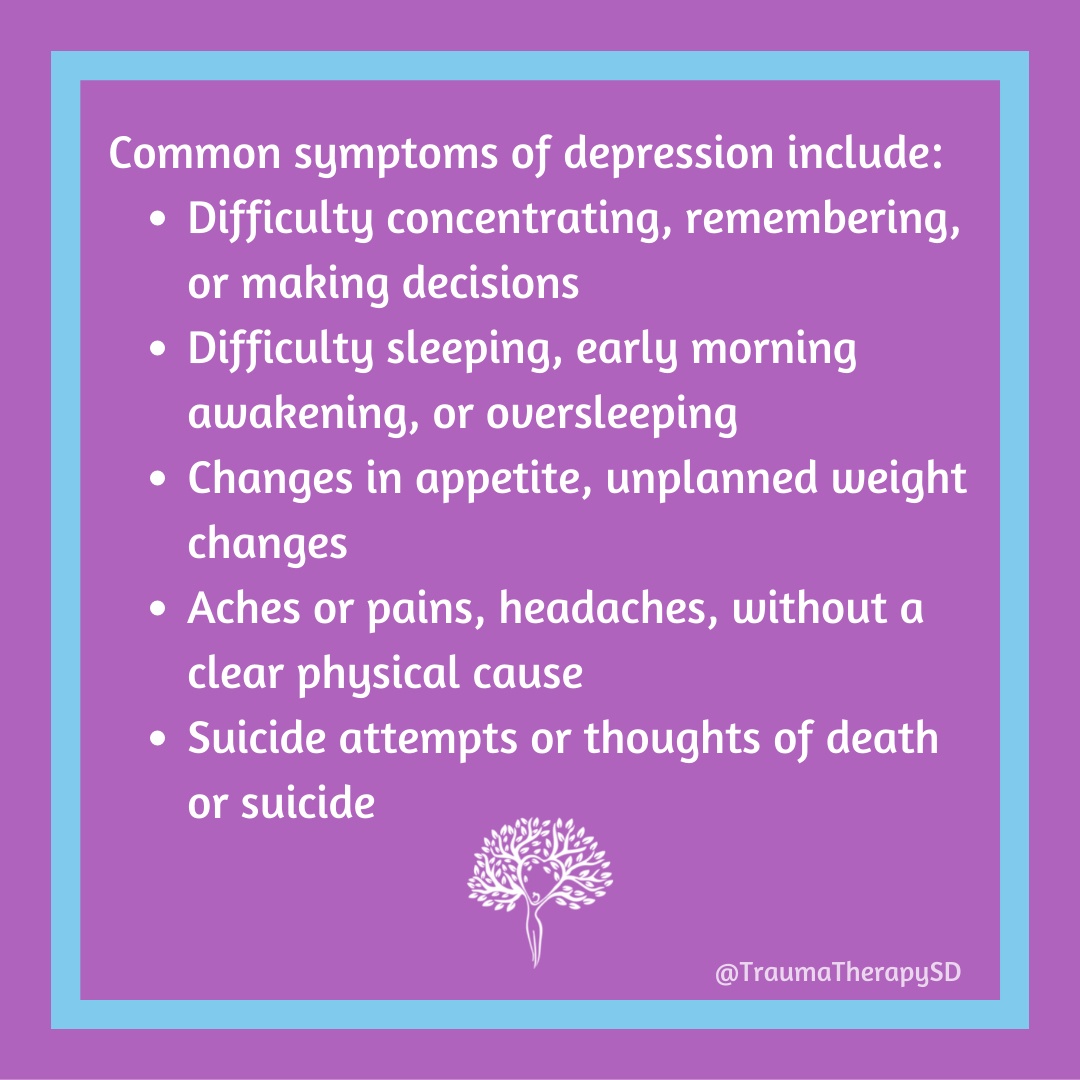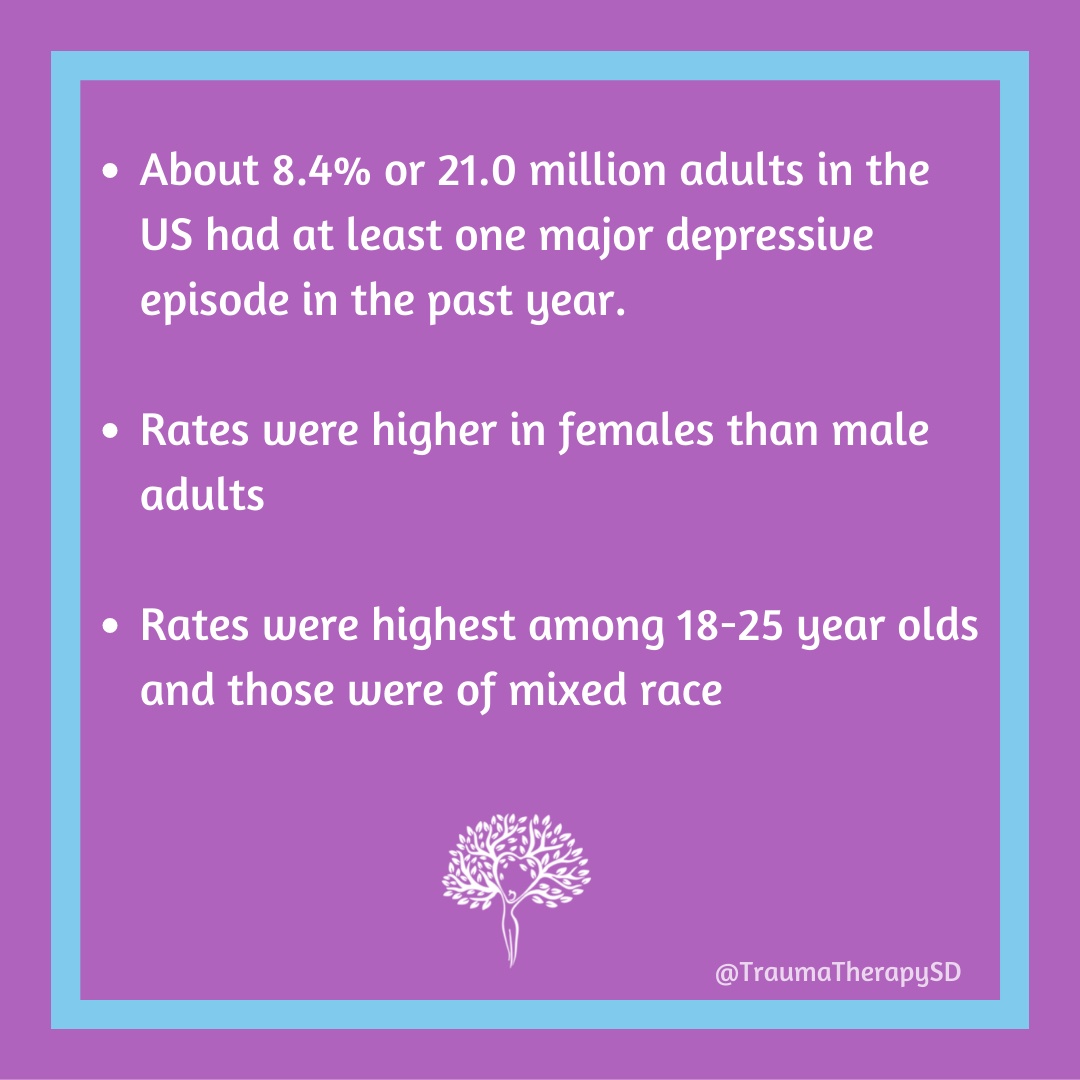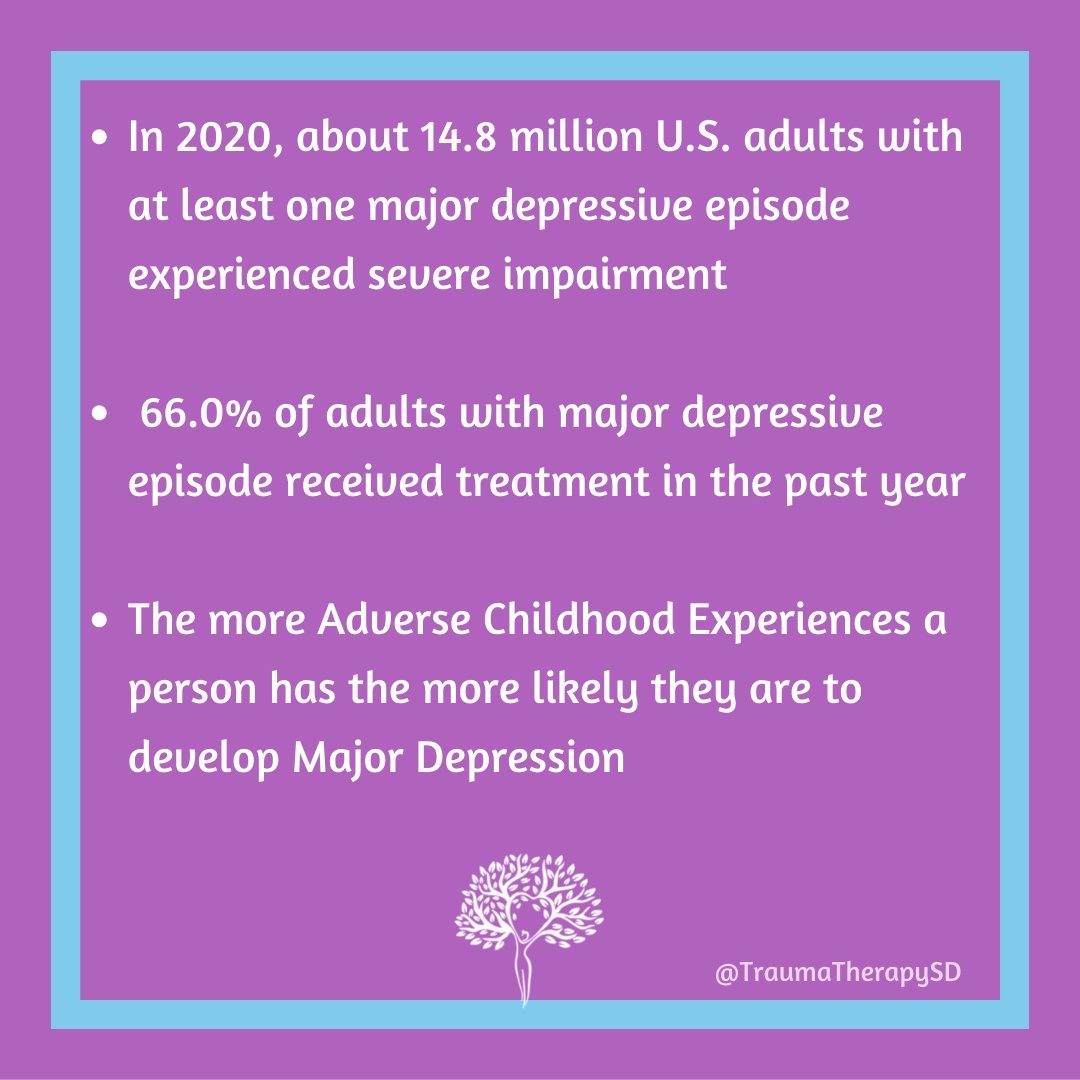Depression
Depression is a mental illness and not a sign of weakness or a moral failure.
Depression looks different in each of us. As a high schooler I was profoundly depressed, but because I was also a type A person who got up every day and did well in school, my requests for help were ignored and not taken seriously. Please listen if someone you know says they are struggling.
Common symptoms of depression include:
- Persistent sadness or feeling empty
- Feelings of hopelessness or pessimism
- Feelings of irritability, frustration‚ or restlessness
- Feelings of guilt, worthlessness, or helplessness
- Loss of interest or pleasure in hobbies or activities
- Decreased energy, feeling slowed down
- Difficulty concentrating, remembering, or making decisions
- Difficulty sleeping, early morning awakening, or oversleeping
- Changes in appetite, unplanned weight changes
- Aches or pains, headaches, without a clear physical cause
- Suicide attempts or thoughts of death or suicide
About 8.4% or 21.0 million adults in the US had at least one major depressive episode in the past year.
Rates of depression were higher in females than male adults
Among US adults, rates of depression were highest among 18-25 year olds and those were of mixed race.
In 2020, about 14.8 million U.S. adults with at least one major depressive episode experienced severe impairment.
66.0% of adults with major depressive episode received treatment in the past year
The more Adverse Childhood Experiences (ACES) a person has the more likely they are to develop Major Depression. ACES are a useful measure of trauma and also do not begin to capture rates of experiences that were missed – such as neglect will cause. They also do not take into account experiences of racism, homophobia, and transphobia.

